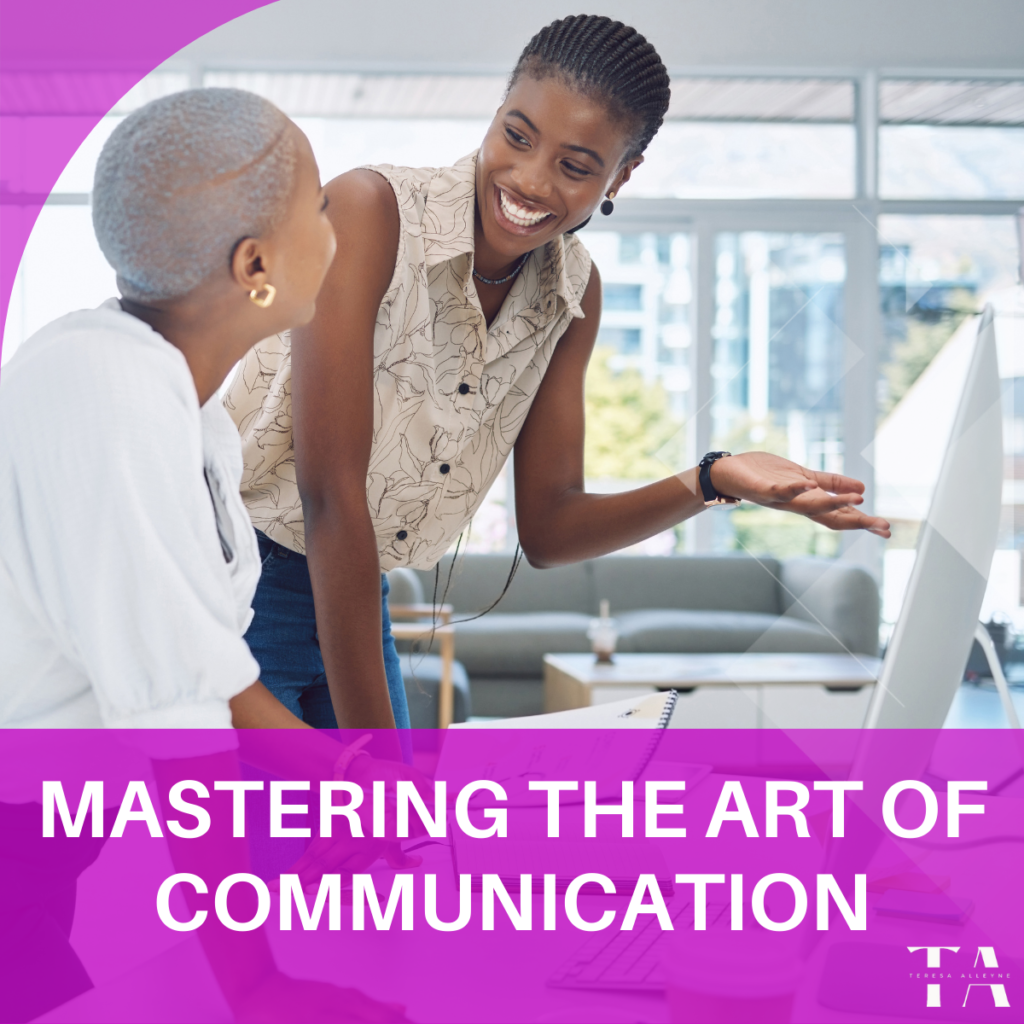Mastering the Art of Communication: Building Strong Relationships

Mastering the Art of Communication: Building Strong Relationships
Communication can be a tricky business. We often find ourselves navigating a sea of emotions, unsure of what’s happening in the minds, hearts, and bodies of those we’re trying to connect with. It’s as if we’re caught in a whirlwind of conflicting signals, bombarded with messages at all the wrong and right times. And in the midst of it all, a simple request to clean up a room can ignite an explosive reaction, leaving us perplexed and wondering, “What just happened?”
But here’s the thing: It’s not just about the room. There’s a whole world of experiences that individuals may be going through, experiences that we may not be aware of. This holds true for anyone we communicate with, whether it’s our teenage children, colleagues, or friends. Understanding this is the first step towards building strong relationships and effective communication.
Let’s take teenagers, for example. They’re at a stage in life where emotions run high, and they’re faced with countless challenges and pressures. So, it’s essential for us as adults to recognize the importance of building relationships with them, especially within the family. And it starts with something as simple as a morning greeting.
Picture this: You wake up early, and your teenage child is still groggy when you see them. You ask, “Good morning! How are you?” It may seem like a small gesture, but it sets the tone for the day. Taking the time to listen to what they have going on in their life, their mind, and their heart creates a space for them to open up and feel heard.
Of course, there may be a million things you want to say to them, but it’s crucial to ease into conversations. You don’t have to walk on eggshells or tiptoe around sensitive topics. Instead, focus on building them up, so they have trust and resilience when faced with difficult situations or critical feedback.
Recently, I had an enlightening conversation with a licensed therapist, and something she said really struck a chord with me. She highlighted the importance of two elements when it comes to correction: predictability and transparency.
In any relationship, it’s vital to establish predictable actions and expectations. Let the other person know what boundaries you have—what behavior you will not tolerate and what you expect from them. For example, communicating that you don’t tolerate profanity or aggressive behavior can set clear parameters in your conversations.
But along with predictability, there’s another crucial element: transparency. Be open and transparent about your own triggers and vulnerabilities. Share who you are and why certain things might affect you. It creates an atmosphere of understanding and empathy. By doing this, you give others the chance to reciprocate and share their own struggles, fostering a safe space for open and authentic communication.
When you combine predictability and transparency, you create a foundation for a strong and trustworthy relationship. Both parties know what to expect, giving them the freedom to be themselves without fear of judgment or misunderstanding. It’s a beautiful balance that promotes honest and genuine communication.
So, the next time you find yourself in a situation where you need to communicate with someone—be it a colleague, friend, or family member—remember the power of predictability and transparency. Be predictable in your actions and expectations, while also being transparent about your own experiences and triggers. By doing so, you pave the way for deeper connections and more meaningful conversations.
My hope is that these insights will help you build stronger relationships, improve communication, and foster understanding in all areas of your life. Stay tuned for more valuable tips and advice as we continue this journey together!
